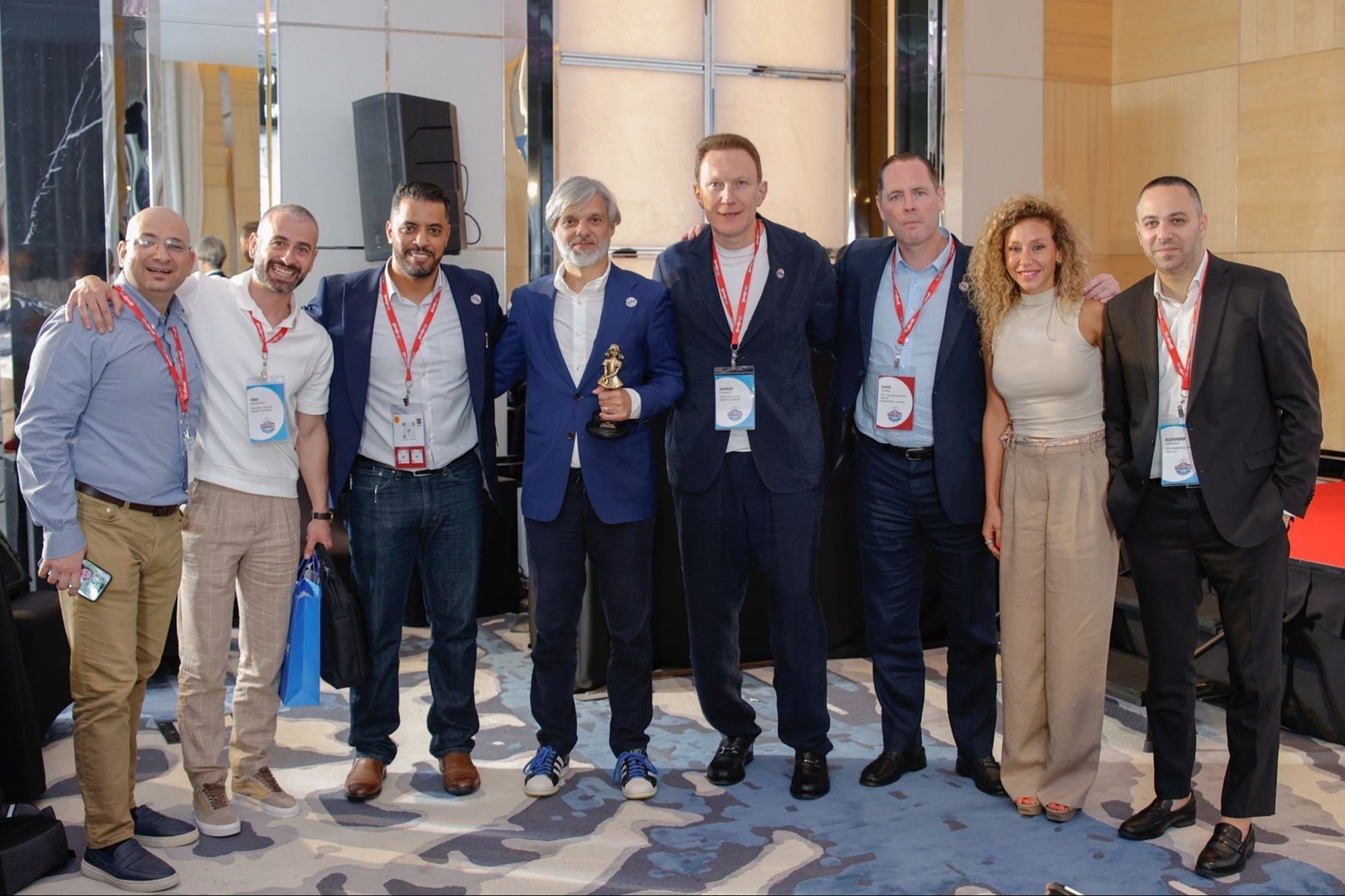How to Decide If You Need an LMS or LXP or TXP
You're reading Entrepreneur Georgia, an international franchise of Entrepreneur Media.
Way back in the dark ages, learning and development teams only used face to face training. Then, some modules or aspects went online. Finally, most organizations now have embraced e-learning technology, adopting the platforms they need to deliver geographically diverse and engaging learning with measurable outcomes.
Technology continues to evolve and now offers a wide variety of ways to deliver this training. Three main players, LMS, LXP, and TXP, all offer different benefits and mechanisms. Which is right for your organization?
LMS
The original learning and development platform, LMS (Learning Management System) are a straightforward platform that allows users to complete modules and courses as required. Learning materials are created and added by learning and development teams, and then allocated to relevant employees. Once completed, there's often a quiz at the end to ensure learnings are understood and will be incorporated in business use going forward.
LMSs are a tick-boxing exercise to ensure compliance with a raft of ever-changing legislation and business processes. And, even though some enterprise LMS platforms offer more than this, at heart, it's about administration and compliance.
LXP
The LXP (Learning Experience Platform) enables a bottom-up approach to learning. It focuses on the learner, offering choices of modules and courses designed to upskill and grow the employee as they wish. Unlike the LMS, learning is self-directed, although it aided by personalized recommendations based upon their role, goals, and previous courses.
Unlike LMSs, the LXP also allows users to upload their own information, whether garnered from external sources or created by themselves. This saves learning and development teams time, and results in a broad and diverse selection of materials. This can be anything from articles, to videos, to podcasts, any media, any way.
These systems help people evolve and grow within themselves and in their roles. They are fast to react because users can upload content as and when things happen. Saw a competitor doing something cool your organization could improve upon? Upload it and get started.
These platforms often have user dashboards too, making learning more social. This helps engagement and can drive learners to digest more content and learnings.
TXP
The TXP (Talent Experience Platform) is the nexus of LMS, LXP, talent management, opportunity marketplace, and talent intelligence. It typically has four parts to it, which create a seamless HR platform. It encompasses everything in that sector, from hiring to upskilling a workforce.
- Learning and talent management: These foundation systems assist in finding employees, delivering learning, managing the day to day administration of employees, and managing the performance of staff. While learning can be created by learning and development teams, some platforms also allow content to be added by learners themselves.
- People growth: Because TXP covers the gamut of HR functions, it delivers a far more holistic experience. Like an LXP, employees can search for the learning they want, to upskill, reskill, or access new career paths, projects and opportunities inside the organization.
- Intelligent tech fabric: Data from broad internal and external sources are pooled into a data lake. Then, AI can use this information and create predictions, outcomes, and prescriptions for a range of business problems.
- Integration hub: Using APIs (Application Programming Interfaces), the TXP connects to a variety of other services and functions. This allows easy information sharing between organization-wide software and data sources.
What Does Your Organization Need?
There are a variety of scenarios, and organizations need to think about their existing platform, their needs, and their future goals.
For instance, if a company is battling data silos and a range of uncoupled microservices, then a TXP could be the answer. As well as supplying the training platform, the TXP data fabric links together many functions, creating a loosely linked microservices architecture. This helps to connect all data sources, providing a much more holistic system.
If a government organization only needs to deliver training and ensure it's completed, then a straightforward LMS is what is required. This top-down platform is ideal, as only learning and development staff can upload content or create courses. The software is designed to enable compliance with legislative or internal system changes. It does this by ensuring relevant employees complete training related only to their roles. It tracks the completion/ attrition rate of the course, and can make sure that tasks are ticked off and employees are up to date on relevant standards or legislative changes.
A freshly-minted start up would want a versatile learning platform that allows employees to grow within their roles. An LXP allows people to upload content as they see fit, share it to others, and up-skill themselves. When all hands are to the pump and there are employees trying to fit organizational gaps (until specific roles can be grown enough to require a dedicated employee), an LXP gives the flexibility and ad-hoc training that's required on-the-fly. The LXP fills the gaps across a system, managing talent and helping to find new hires that are a great fit.
There's No One-Size-Fits-All Learning Platform
The kind of organisation you have, and its business goals will inform the choice you make. There is no right or wrong—the LMS might be perfect in some circumstances, and totally inadequate in others.
If in doubt, take a step back and look at the organization. What are the goals? Does staff retention and growth matter? Is compliance of vital importance, for example in the banking or finance industry?
What are the existing software and platforms? Where will this one slot in—will it add complexity and data access issues, or do you need intelligence in order to truly inspire growth?
The best learning and development platforms will enable employees to function at their best, ensure governance and compliance, and future-proof the organization.










